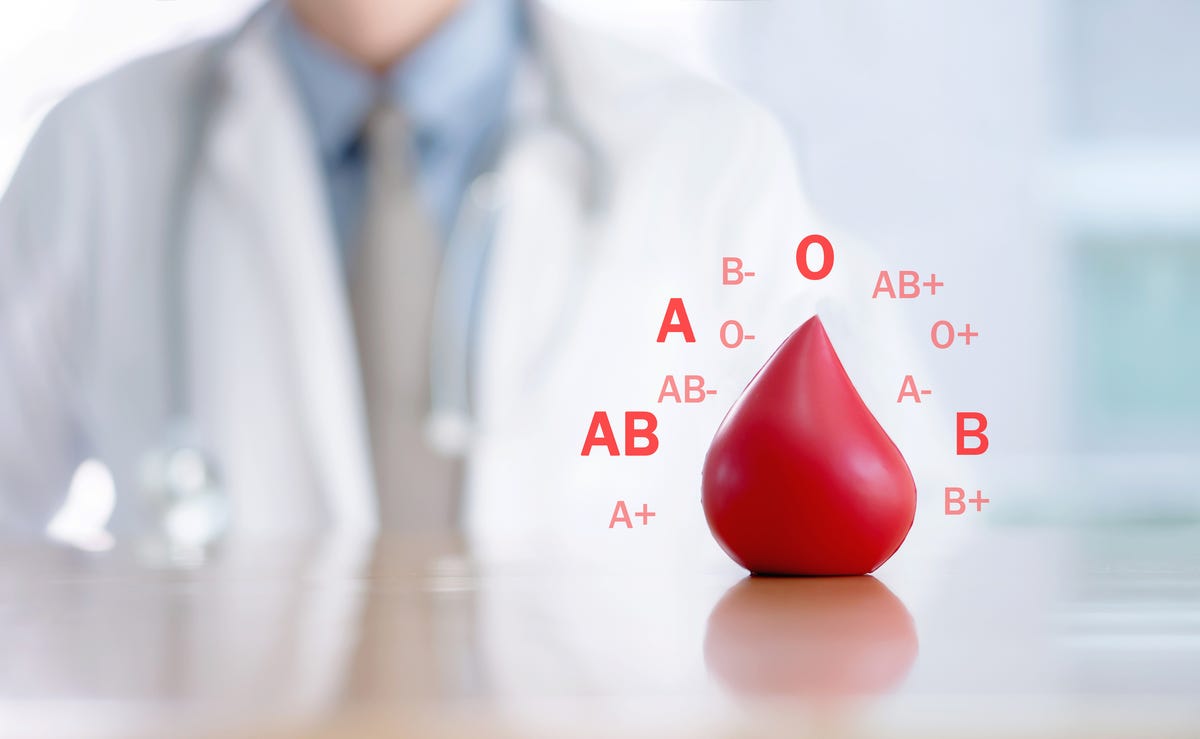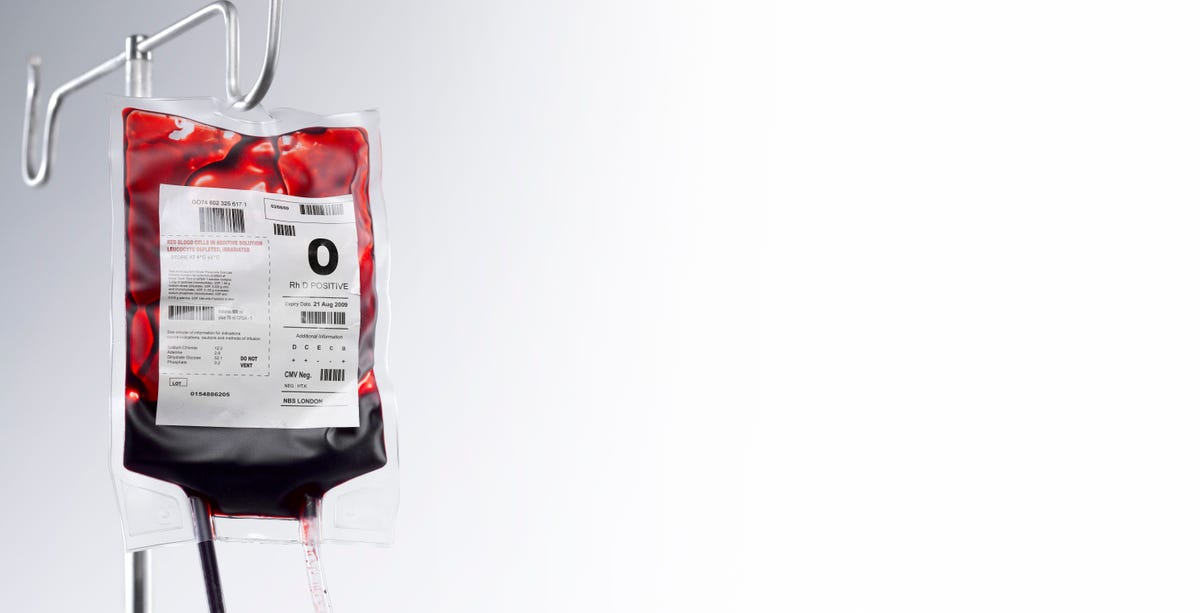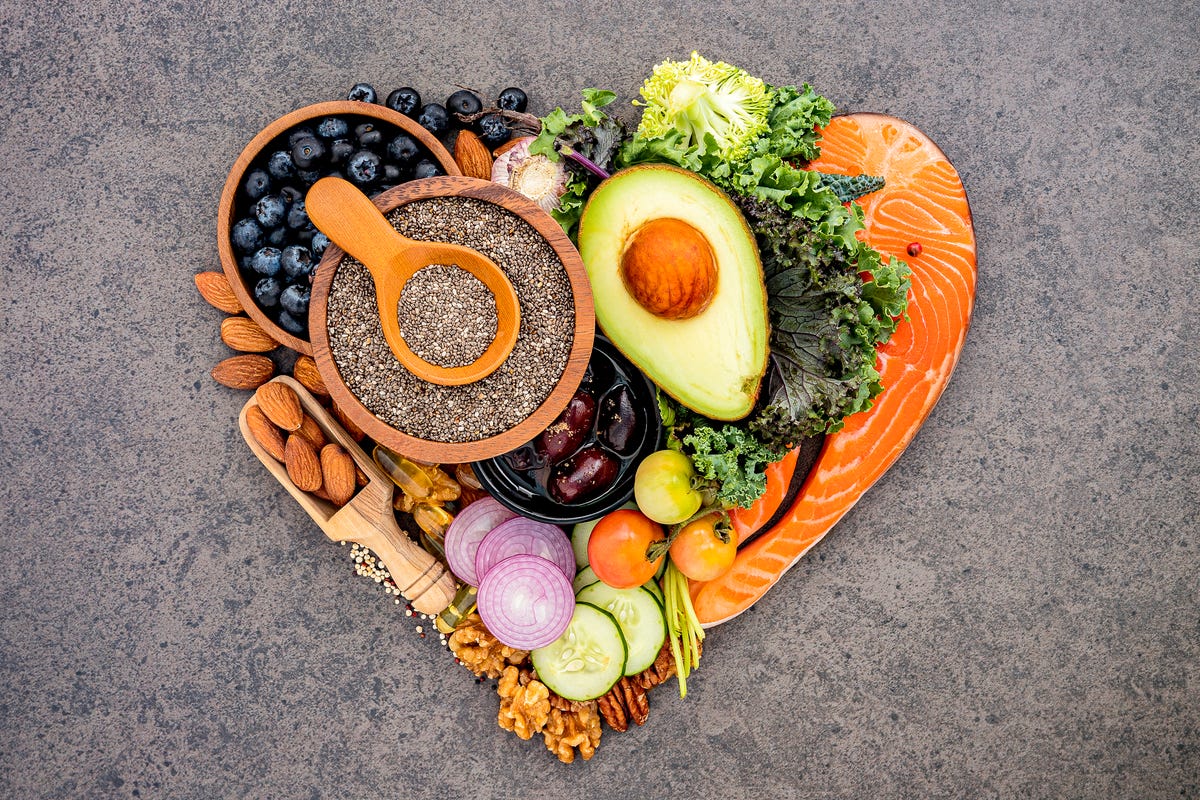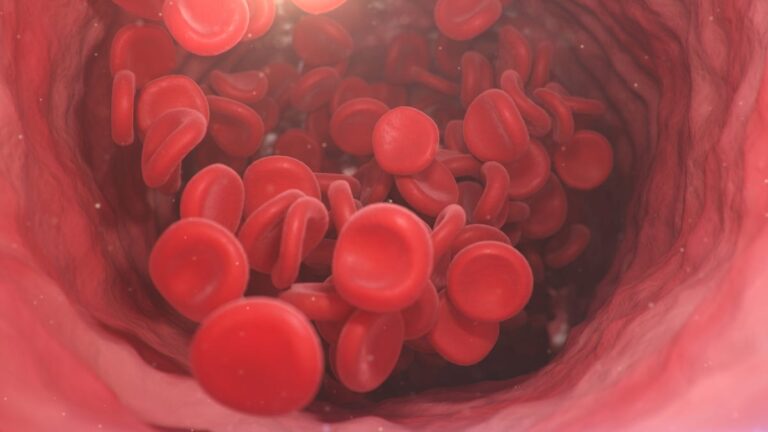You might not know it just by looking at us, but there are small changes in the blood coursing through our veins that classify all humans into one of the following blood type groups: A positive , A negative, B positive, B negative, O negative, O positive, AB positive, AB negative.
You may not know what your blood type is until you consider donating blood or are hospitalized. Some people find out during pregnancy because people with a negative blood type require special treatment.
But did you know that your blood type can affect your chances of developing health problems like blood clotting?
Continuing research into blood types suggests that blood types may be more important than we believe. These can help you assess your risk for certain health conditions, especially heart disease, the leading cause of death in the United States. These invisible blood differences may help some people avoid cardiovascular problems, while others may be more susceptible.
But like most things that can affect your health, it's important to keep the big picture in mind and remember that it's not just genetic factors like blood type that matter. Your daily routine, nutritional intake, and how you deal with stress all build up your overall health, including heart health.
read more: 3 ways to find out your blood type if you don't know it
What does blood type actually mean?
The letters A, B, and O represent the different forms of the ABO gene, which program blood cells differently to form different blood types. For example, if your blood type is AB, your body is programmed to produce A and B antigens on your red blood cells. People with blood type O do not produce antigens.
Blood is said to be “positive” or “negative” based on whether proteins are present on the red blood cells. If your blood contains protein, you are rhesus (Rh) positive.

The ABO system is the most well-known method of classifying blood types.
People with type O-negative blood are considered “universal donors” because their blood does not contain antigens or proteins. This means that anyone's body can accept it in an emergency.
But why are blood types different? Researchers aren't entirely sure, but Penn Medicine hematologist Douglas Guggenheim, Ph.D., says factors such as where someone's ancestors came from or past infections that triggered protective mutations in their blood may play a role. This may contribute to diversity. For example, people with type O blood may be more susceptible to cholera, while people with type A or B blood are more likely to experience blood clotting problems. Our blood cannot keep up with the various biological or viral threats flying around in real time, but it may reflect what has happened in the past.
“In a nutshell, the body has evolved to adapt to its environment to protect itself as much as possible,” Guggenheim says.

People with type O blood may have a lower risk of cardiovascular events.
Blood types with highest risk of heart disease
According to the American Heart Association, people with blood types A, B, and AB are more likely to have a heart attack or heart failure than people with blood type O.
According to the AHA, while the increased risk is small (one large study found that blood type A or B had a combined 8% higher risk of heart attack and 10% higher risk of heart failure), the difference in blood clotting rates much larger. People with type A and type B blood who participated in the same study were 51% more likely to develop deep vein thrombosis and 47% more likely to develop pulmonary embolism. Pulmonary embolism is a severe blood clotting disorder that can also increase the risk of heart failure.
Guggenheim said the reason for this increased risk may be related to the inflammation that occurs in the body of people with type A, B, or AB blood. Proteins present in type A and B blood can cause “blockages” or “thickening” of veins and arteries, leading to clotting and an increased risk of heart disease.
Guggenheim also believes this may explain the reduced risk of severe COVID-19 infection in people with type O blood. (Note: Since this article was originally published, more research has added to the concept that people with type A blood may be at higher risk for infections. This is because the coronavirus binds to cells in slightly different ways based on your blood type. )

There are four main blood types: A, B, AB, and O.
Other effects of blood type
People with type O blood have a slightly lower risk of heart disease and blood clotting, but they may be more susceptible to bleeding and bleeding disorders. A study on postpartum blood loss found that this may be especially true after giving birth, with women with type O blood at higher risk.
According to a study published in the journal Critical Care, people with blood type O blood loss may be at an even worse risk due to increased blood loss after trauma.
Other studies have found that people with blood type AB may be at higher risk for cognitive impairment than those with blood type O. Cognitive impairments include difficulties with memory, concentration, and decision-making.
read more: Mediterranean diet for heart health: what foods to eat and how to start
Should you change your lifestyle depending on your blood type?
Currently available research shows that blood type can change the scale of your risk of developing heart disease, but larger factors such as diet, exercise, and even the level of pollution you are exposed to in your community It is a major factor determining heart disease. health.
Regardless of blood type, Guggenheim said there are no specific recommendations for patients looking to maintain heart health, other than eating a heart-healthy diet that reduces inflammation.

Lean protein, healthy fats, fruits, vegetables, and whole grains are all part of a heart-healthy diet.
However, he notes that future research could provide a more definitive way for doctors to treat patients based on their blood type. All things considered equally, patients with healthy cholesterol levels and blood type A may benefit from taking aspirin daily, whereas those with blood type O may not need to. There is a possibility.
“In general, a balanced, heart-healthy diet is what every doctor recommends, and I would say ABO doesn't change that,” Guggenheim said.
“I don't think just having type O blood is protective against developing Scottish disease,” he added.
read more: Should I eat based on my blood type?


